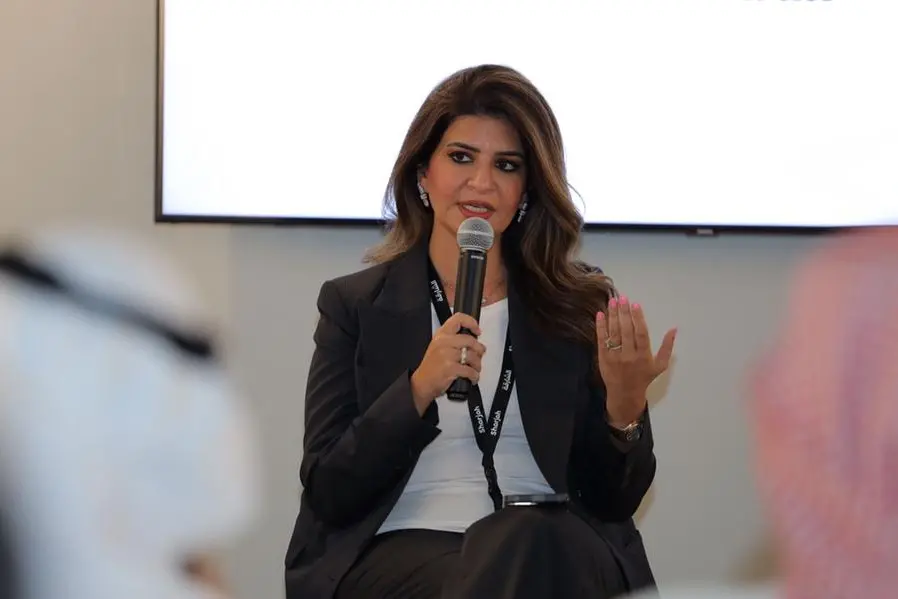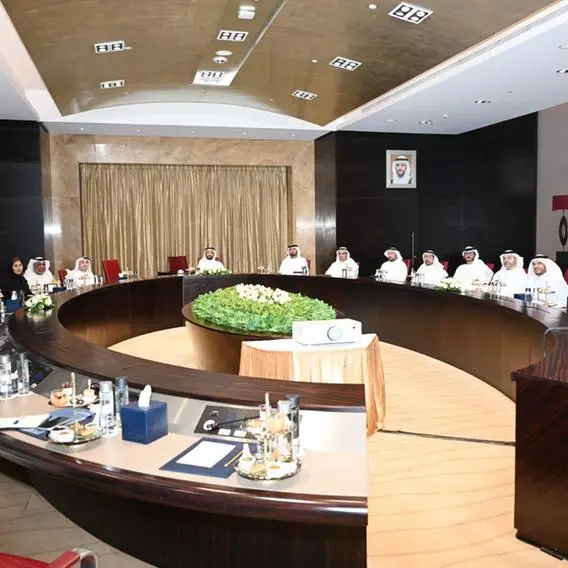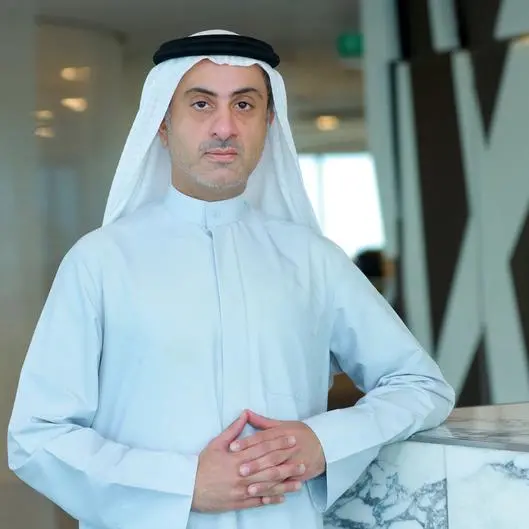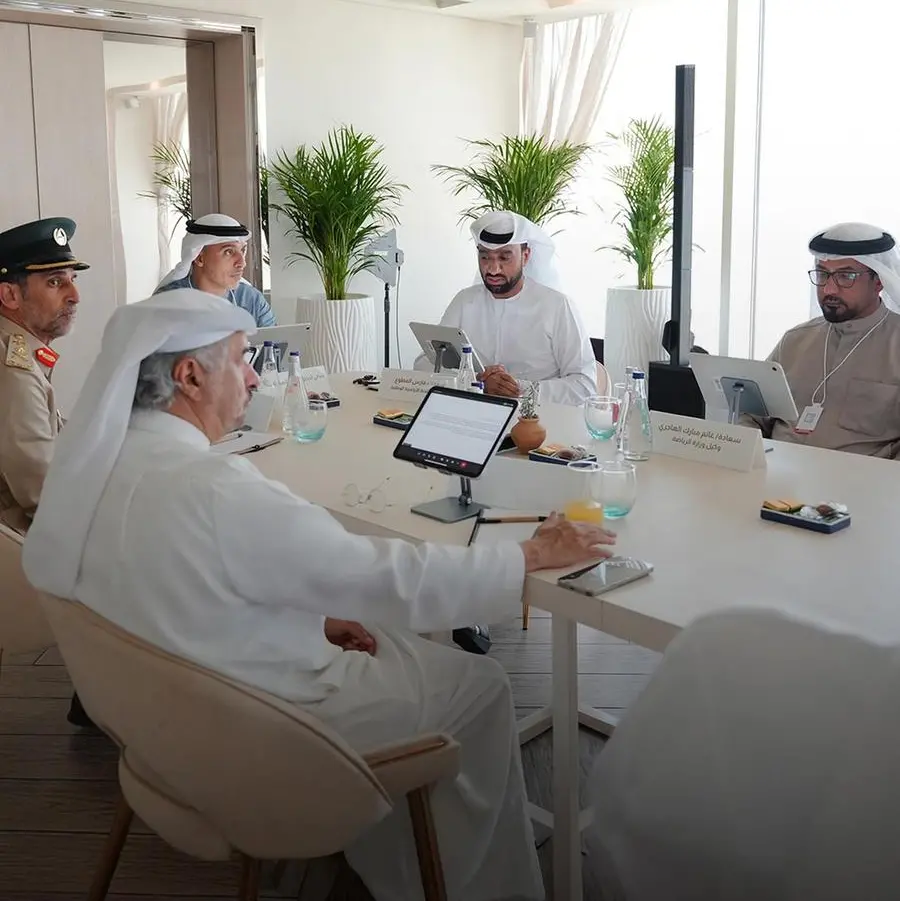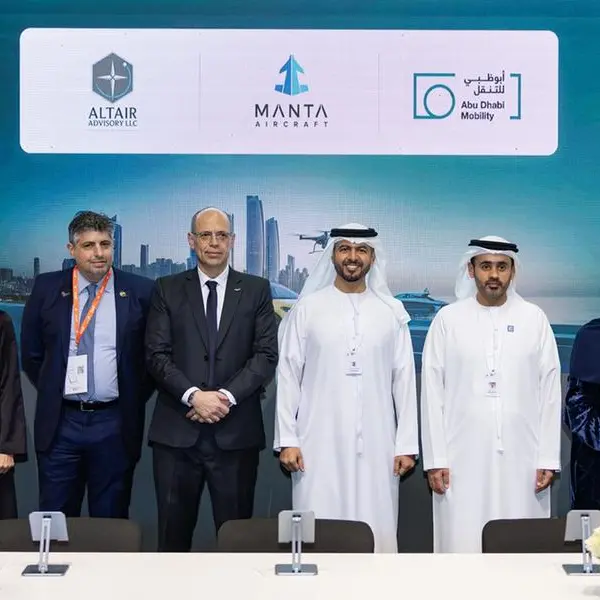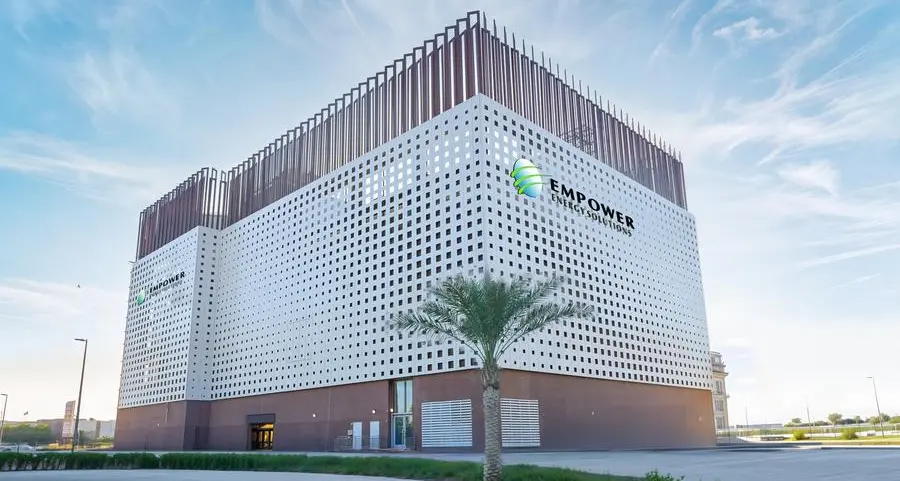PHOTO
- Media professionals uncover the complexities of integrating AI in news production, balancing technological advancements with ethical considerations and creativity
- Debate on radio vs podcasts highlights the evolving dynamics between these media formats, and how technology and audience preferences are shaping the future of audio content
Sharjah: Experts discussed various aspects of the relationship between machines and humans in journalism during the first day of the 13th edition of the International Government Communication Forum (IGCF 2024) on Wednesday. The inaugural day featured three events organised by Sharjah Press Club, exploring the use of technology, artificial intelligence, and robotics in the media.
Human-centric storytelling
In the session titled Storytelling: Human Communication in the Digital Age, hosted by Dr. Mohammed Al-Wasmy, the panellists comprised Dr. Fatima Al-Salem, Director General of Kuwait News Agency; Nawal Al-Jabr, Editor-in-Chief of Al Riyadh newspaper; and Sawsan Al-Shaer, a Bahraini media figure and writer.
The media professionals explored the importance of storytelling in media and its role in conveying information. It also examined strategies for applying storytelling in the digital era and the use of social media for storytelling by governments, while highlighting the tools and techniques for developing digital governmental stories.
The panellists shared their experiences in journalism, news agencies, and freelance work in Kuwait, Saudi Arabia, and Bahrain. Emphasising on the importance of building trust and strengthening the relationship between governments and citizens, they also discussed the challenges governments face in implementing storytelling in digital media. Storytelling in marketing and media campaigns, and how traditional and digital media can be combined to convey governmental messages in what is now referred to as “hybrid media”, were also touched on.
Dr. Al-Salem mentioned the media dependency theory, which underscores the mutual need between media and the public, noting that the media’s function is not just to deliver news and information but also to entertain, intrigue, and inform, with storytelling being a key element in enhancing content appeal.
Al-Jabr highlighted the importance of adaptability and staying current with changes and developments to remain relevant, as government messages must be contemporary and aligned with the times. Meanwhile, Al-Shaer pointed to the role of narrative storytelling in simplifying governmental information and increasing its understanding and impact.
Can robots write the news?
In the roundtable session “Robotic Journalism”: When Machines Write the News, the panellists included Fairouz Mubaideen, Director General of Jordan News Agency (Petra); Akram El Kassas, Chairman of the Board of Youm7 newspaper; and Moanes Almardi, Editor-in-Chief of Al Bilad newspaper in Bahrain. Moderated by journalist Aida Al-Zadjali, the debate addressed the increasing use of robots and AI in news writing and their role in transforming traditional journalism.
Mubaideen stressed the need to keep pace with technology, stating that “if you don’t advance, you become outdated,” acknowledging that the challenge is complex but not insurmountable. She also highlighted the importance of distinguishing between human and AI, especially in video content, a factor that could erode public trust.
El Kassas discussed the benefits and challenges of robotic or automated journalism, its professionalism, the future of news production, and its impact on traditional journalists and the profession’s creativity.
Al Mardi noted that AI ethics are now being taught in universities, pointing out the significant risks posed by robots, including the possibility of science fiction scenarios becoming reality, where AI may eventually think independently of humans. Hence, journalists must be well-versed in their country’s history to identify and expose misinformation, as the primary role of media is to correct falsehoods and deliver accurate information.
The debate: Radio vs. podcast
A debate titled “Radio in the Age of Podcasts - Integration or Competition?” featured Saad Al-Fandi, Director of the General Programme Department at Kuwait Radio; and Abdulaziz Al Hedian, founder and CEO of Mics, a podcast solutions company, moderated by journalist Ahmed Alenezi.
Examining the relationship between podcasts and radio, how podcasts influence traditional radio, and how both mediums can benefit from each other in terms of audience engagement, it discussed the reliability of podcasts as a source of information compared to traditional radio, and the impact of AI technology on both media formats.
Al-Fandi emphasised that radio is a long-standing medium where expertise is gained over time, unlike podcasts, stressing that no media form renders another obsolete as long as they adapt to modern technologies. On the other hand, Al Hedian argued that podcasts are the logical evolution of radio, describing them as "content made to be heard," and highlighted the key differences in geographic scope, licensing, broadcast times, and content nature. He revealed that over 7 million people in Saudi Arabia listen to podcasts monthly, with 80% of them aged 18-36.
Gen Z also weighed in on the radio and podcasts debate, with Saeed Mohammed Al-Hammadi and Alreem Sarhan AlMaeeni, both graduates of the Ithmaar Media Training Programme for children and youth, sharing their thoughts.
